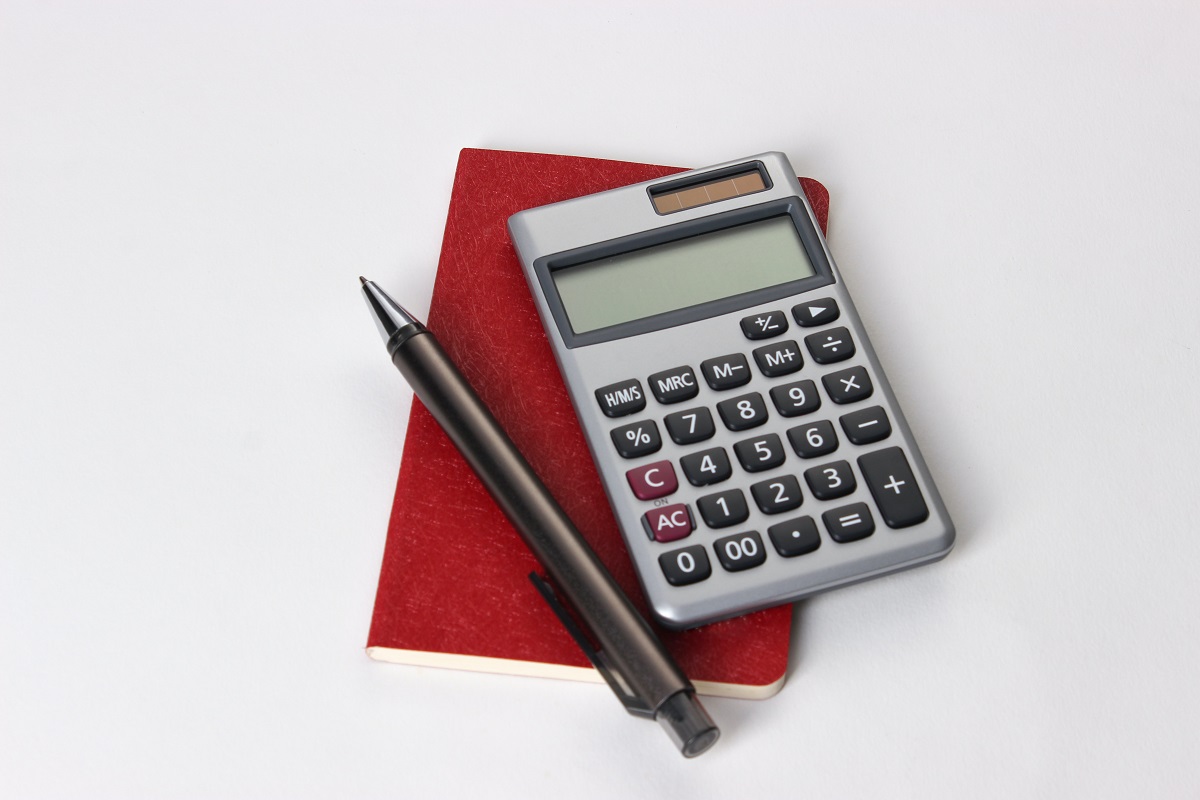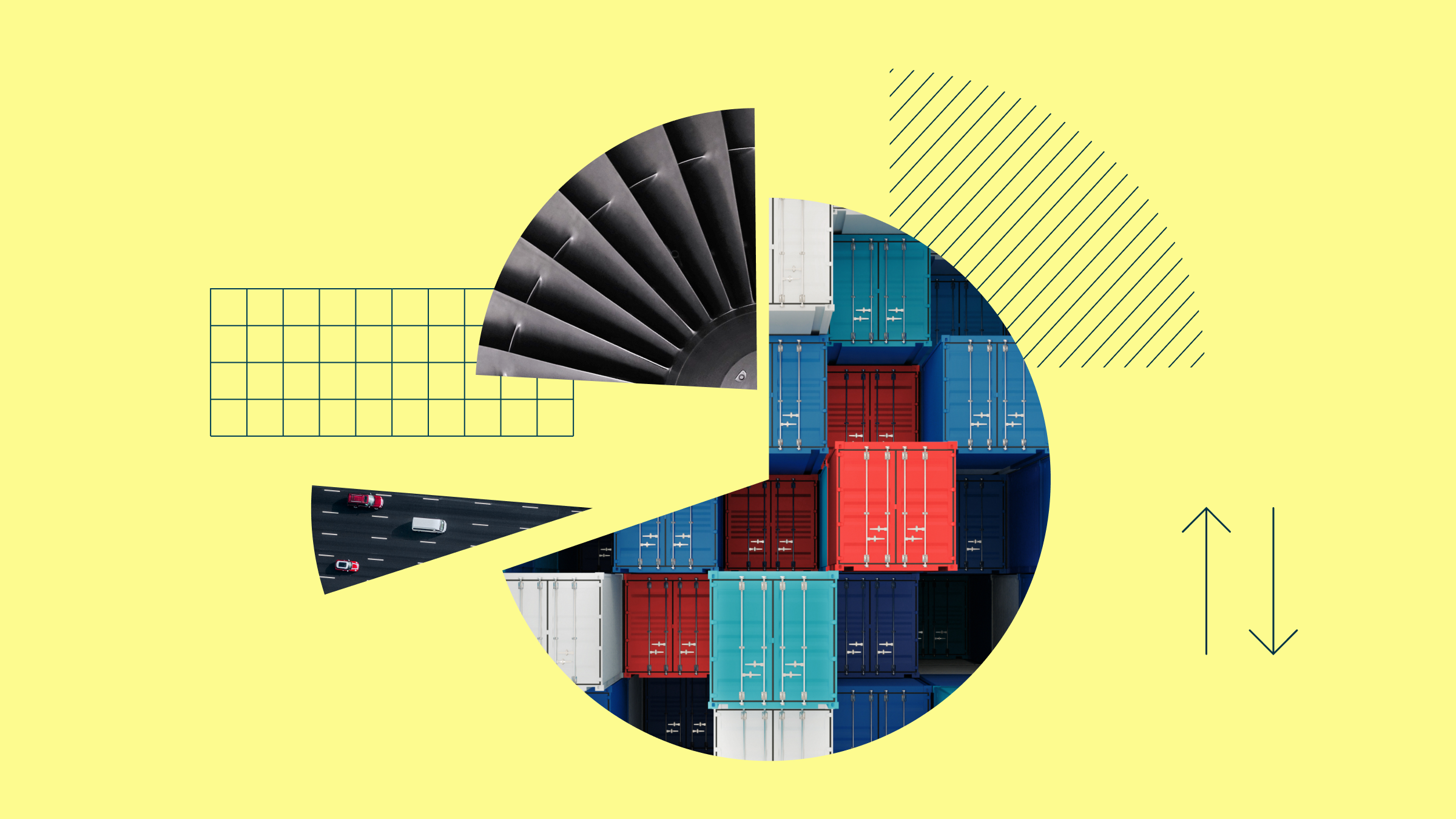
Investing can be hard, especially early on in your career. Maybe your income is low. Or you have student debt. Or credit card debt. Or you’re planning for a major life change, like marriage, or buying a home. Or sometimes, just taking that first step and starting can be challenging.
Perhaps this financial situation prompted Redditor u/Zukenukemm to ask r/PersonalFinanceCanada, “Should we invest, or save, or what?”
The original poster (OP) said he and his wife make “decent” money, but neither know much about investing. They met with their bank advisor, but the advisor didn’t seem to know much, and “was more like a salesman than anything.”
“We are in our early 30s and want to start before it’s too late,” the OP said. Canadian Reddit users were mixed in their responses. Here are edited excerpts of what some had to say:
Reddit Canada’s Saving and Investing Tips
You are right that financial advisors are bank salespersons. It is never a bad idea to pay off your mortgage more aggressively unless your interest rate is locked at a super low rate for a while.
u/alzhang8
I'd go the TFSA route next. Depending on "early 30's" you may have been 19 in 2009 when the TFSA was introduced and therefore have a lot of built-up contribution space to begin investing tax-free.
u/wazzie19
I'd be aiming for the 20-25% of gross income goal now. Do not pay your mortgage off in your 30s. Use compounded money from investing in your 30s heavily to pay your mortgage in your 40s. Your payments will not go up like other posters have said, you own almost half of the house at this point.
u/Fdbog
- First, allocate a $20k emergency fund,
- Then, Max TFSA account,
- After: max RRSPs,
- Anything after that would be RESP if you have kids,
- After, find out what methods you can to lower your mortgage principal,
- Then, spend some on things you enjoy.
If you plan to invest in a TFSA, you can get a solid 5ish % in a GIC (most conservative), bond yields are very high right now and will give you steady monthly payments, if you want to buy some ‘stock’ ETFs are the best bet and some great Canadian ones follow the S&P 500, which are making nice money right now.
u/jossybabes
What Does Morningstar Think of the Reddit Advice on Investing?
"Hey OP's - wow in your early 30's and putting away close to half your after-tax income every month? Congratulations on a spectacular savings rate and a substantial dent on your mortgage,” says Morningstar Canada’s director of investment research Ian Tam.
He warns though, that one thing to keep an eye on right now is when the OPs’ mortgage term renews. “As you know the Bank of Canada has increased interest rates substantially post-pandemic, and if you bought your house in 2017, you've likely renewed your mortgage term in 2022 or before, when interest rates were still quite low. When you renew again, there is a chance your monthly mortgage payments will be much higher than you're accustomed to depending on where rates are. If you are averse to paying higher interest on your mortgage, you may want to ensure that you have some money ready to pay down that principal in a lump sum when it renews (or before if your mortgage allows for lump sum pre-payments),” he says.
The reason this is important, Tam explains, is that it will define whether you invest in something for the long term (15+ years) or something short term (less than 5 years). Your investment time horizon helps define the amount of risk you can take on, with longer horizons allowing for riskier investments.
“Given your age and savings rate, this is a great time to start investing. If you didn't feel like you were getting good value from talking to an advisor at the bank, you might opt to try one of the Robo-advice channels that have gained prominence in Canada. Remember that many banks have their own robo-advice divisions, so the advisor is not the only option. Because of your relatively straightforward financial situation, a robo-advisor might be a good way to save on advice fees, while still receiving the much-needed assessment of your risk profile and in turn matching you with an appropriate set of investments. Moreover, most robo-advice channels in Canada will set you up with a well-diversified portfolio of low-cost passive ETFs, which is a great way to save further on fees which can compound significantly over time,” Tam says.
Finally, he urges the OPs to look into registered tax shelters (TFSA and RRSP), which are both ways to keep more of their savings in their own pocket by reducing or deferring taxes.
Morningstar’s 7 Tips on Starting Your Investing Journey
The OP and his wife are what are known as early career accumulators—loosely defined as people in their 20s and 30s. This demographic has earnings often low relative to where they’ll be in the future, and they may also have debt (in the OP’s case, a mortgage.) But early career accumulators have other assets that their older counterparts can look upon with envy. With a whole lifetime of earnings stretching before them, early career people are long on what investment researchers call human capital: Their ability to earn a living is their greatest asset by a mile.
“Investors in their 20s and 30s have a valuable asset when it comes to investing, too: With a very long time horizon until they’ll need to begin withdrawing their money (for retirement, at least), early career investors can better harness the power of compound interest. They can also tolerate higher-volatility investments that, over long periods of time, are apt to generate higher returns than safer investments,” says Morningstar director of personal finance Christine Benz.
She adds that for most investors, it’s hard to go too far wrong with the mantra of investing as much as you can on a regular basis and sticking with very basic, well-diversified investments. “But it also pays to think of your “investments” in a broad sense, steering your hard-earned dollars to those opportunities that promise the highest return on your investment over your time horizon. For most people, that will require a bit of multitasking,” she says.
She offers seven tips for investing well and multitasking in your 20s and 30s:
- Put debt in its place.
- Make the investment in human capital.
- Build a safety net.
- Kick-start your retirement accounts.
- Focus on tax-sheltered vehicles.
- Invest in line with your risk capacity.
- Employ simple, well-diversified building blocks.
You can read about each of these tips in detail here.





:quality(80)/cloudfront-us-east-1.images.arcpublishing.com/morningstar/LUIUEVKYO2PKAIBSSAUSBVZXHI.png)














